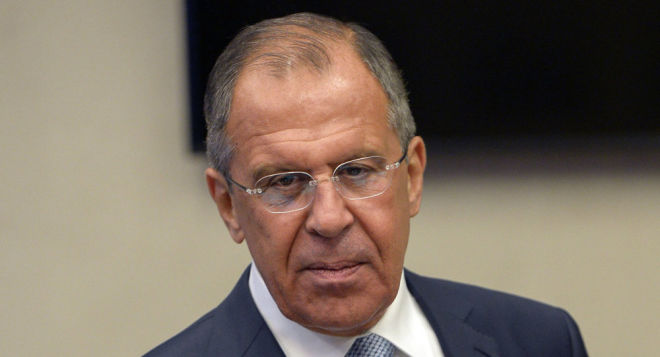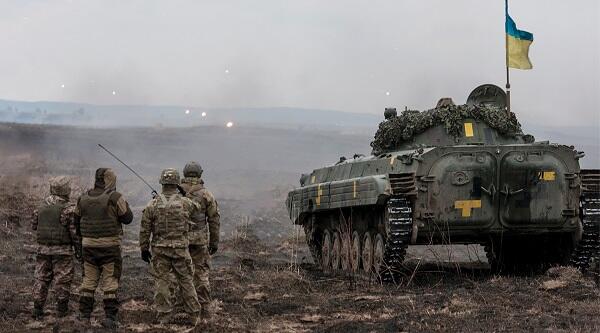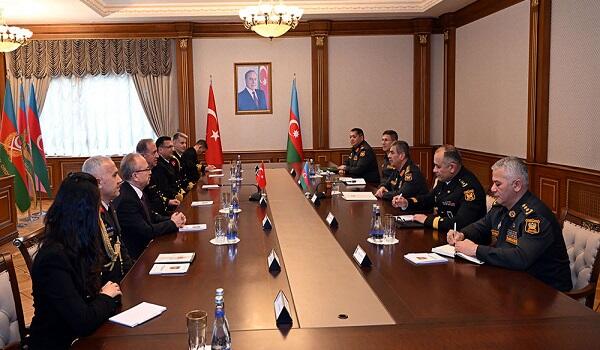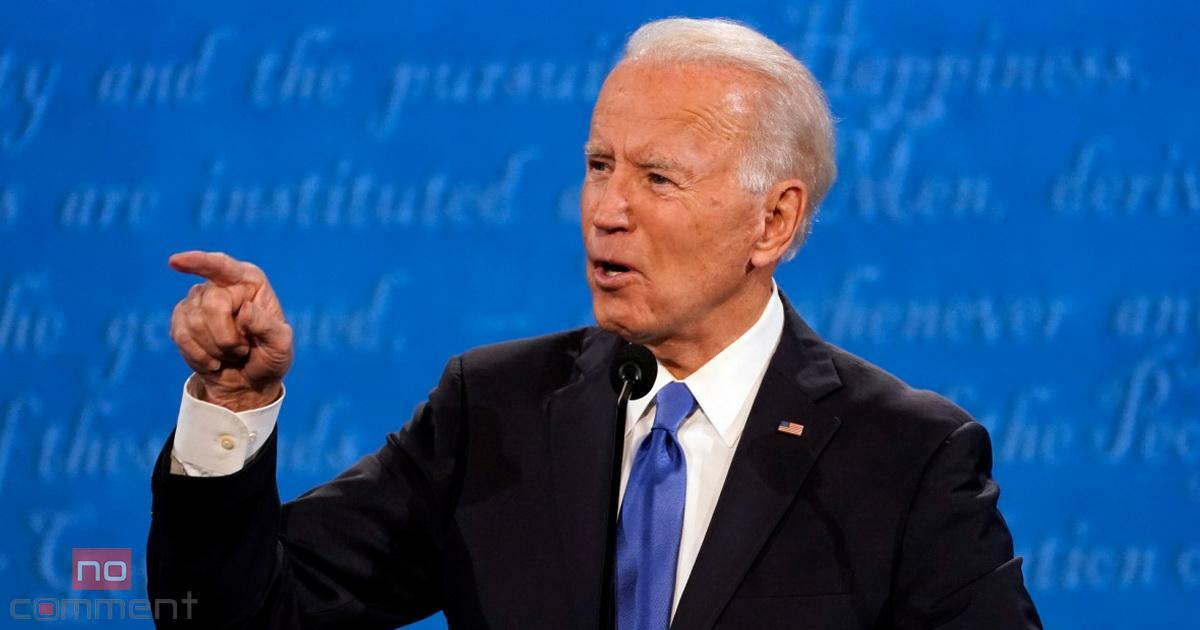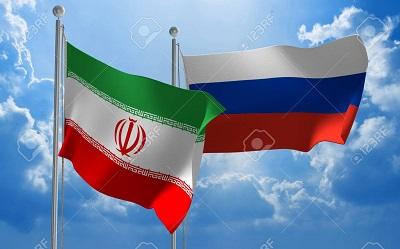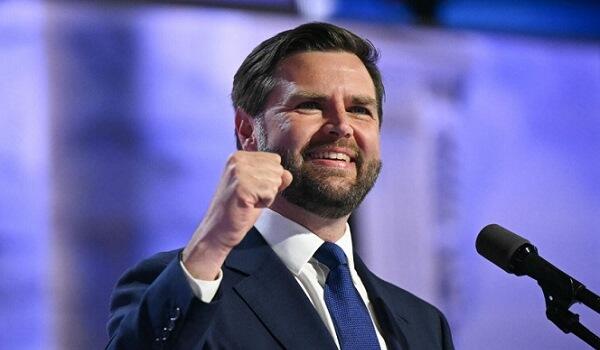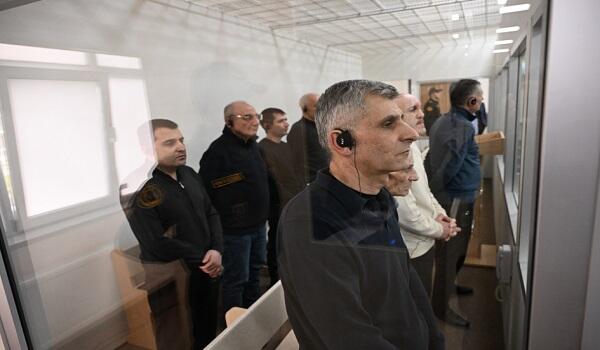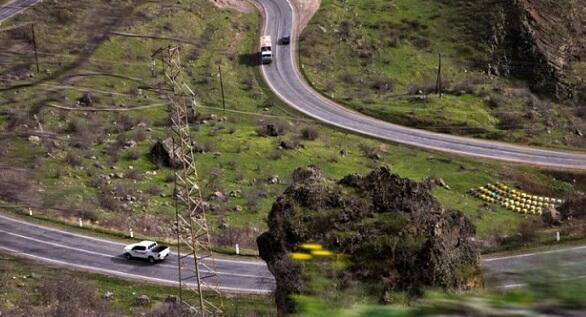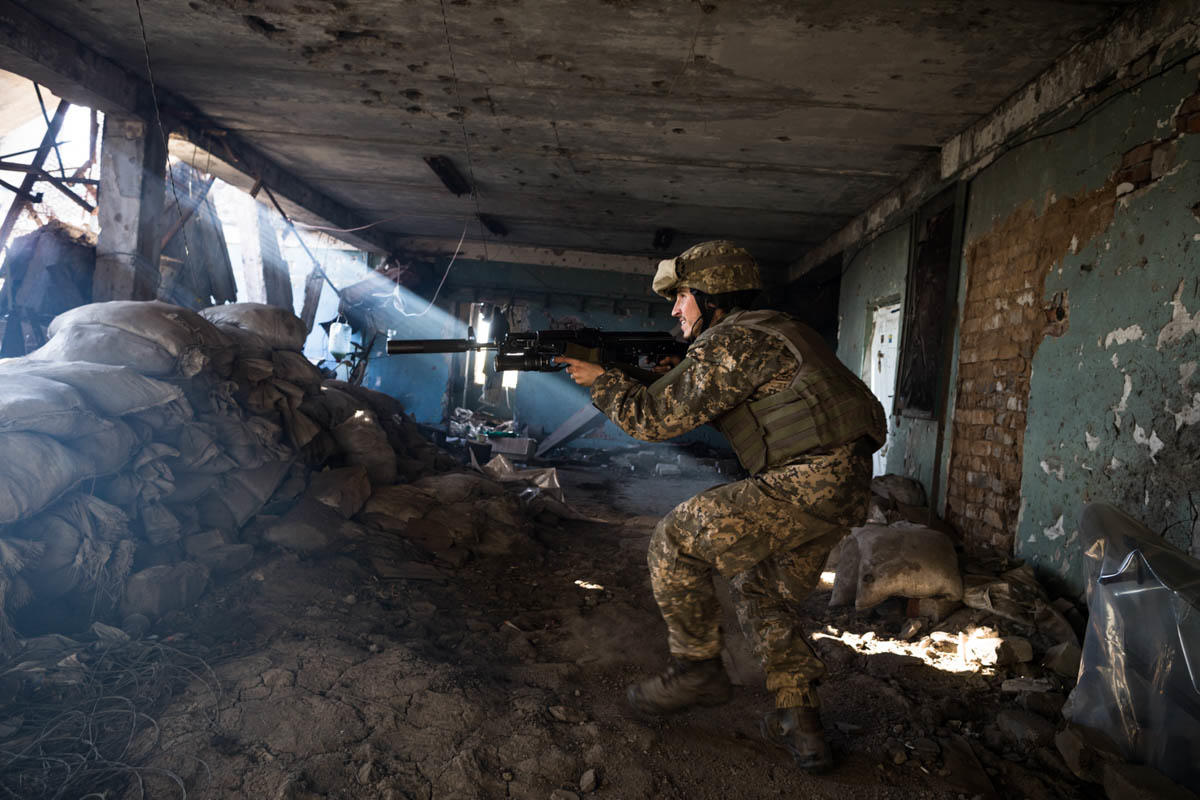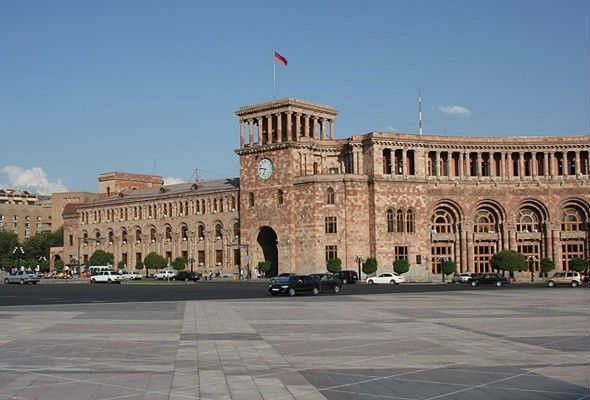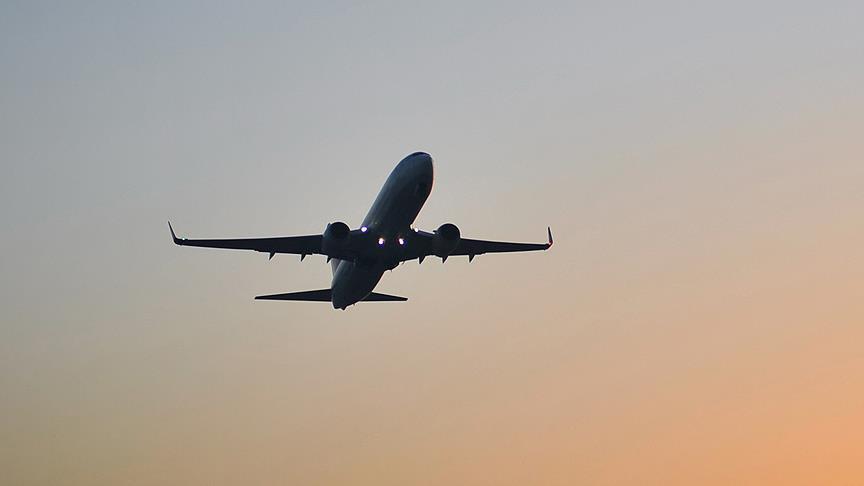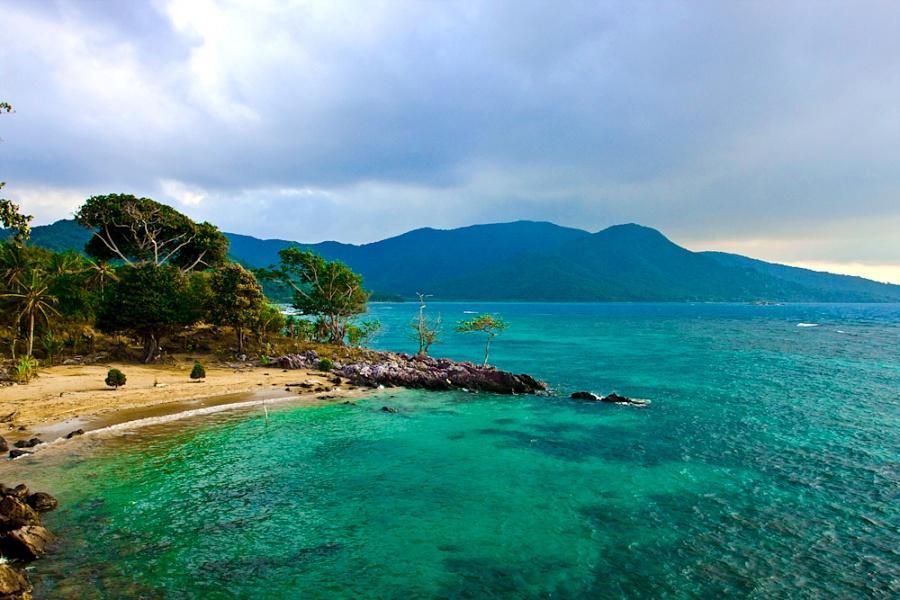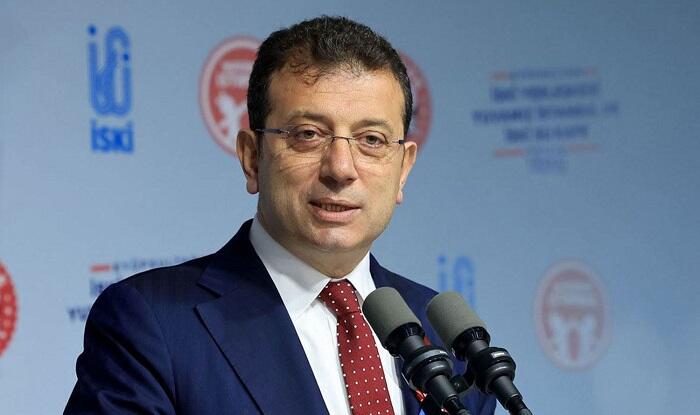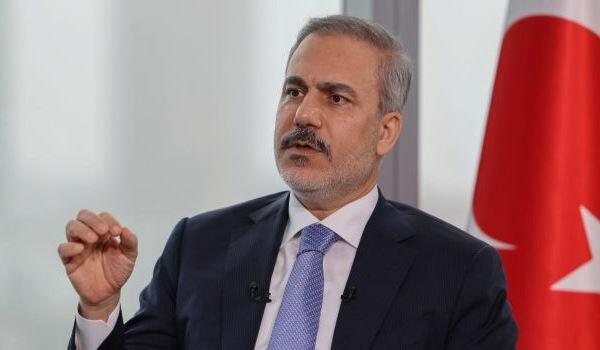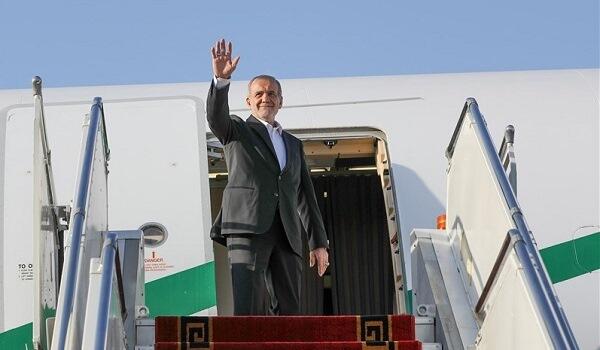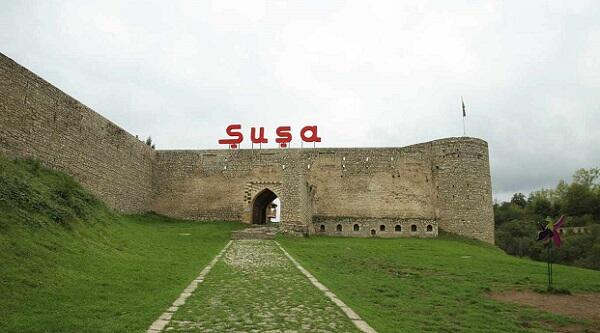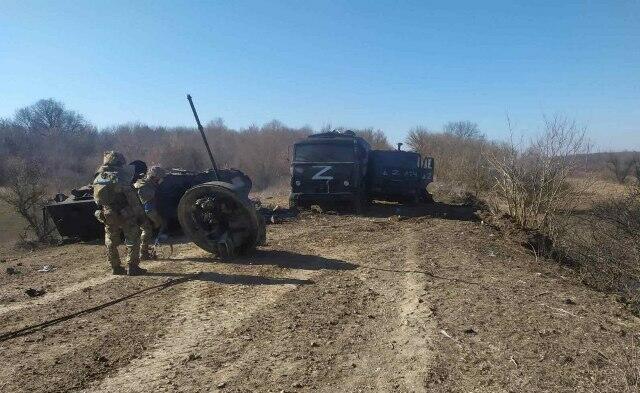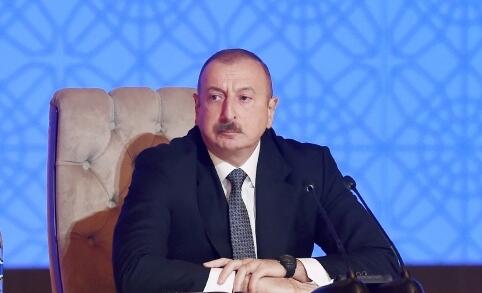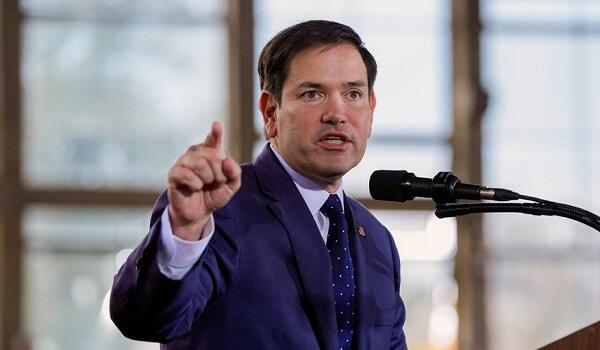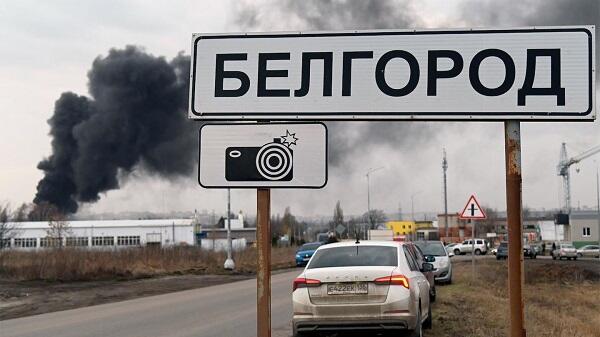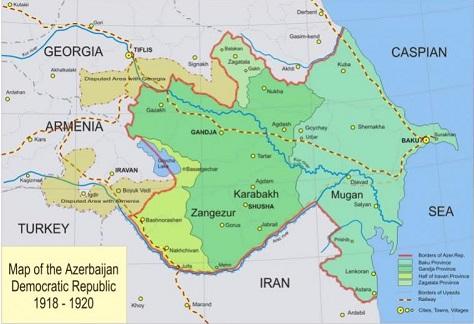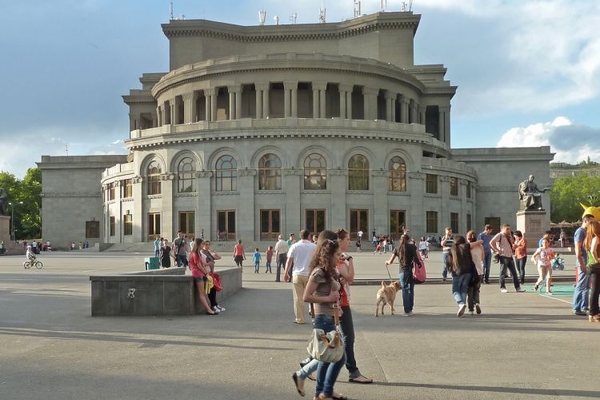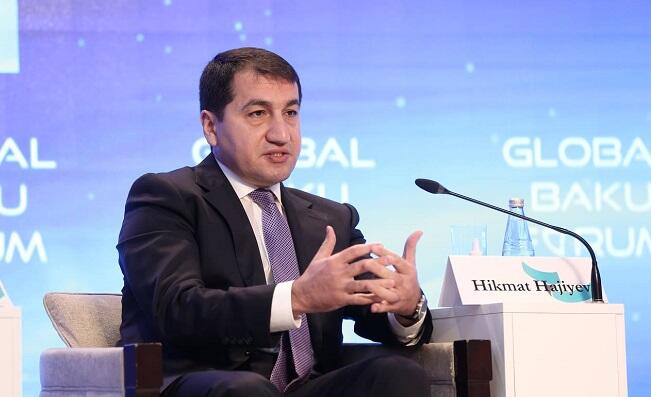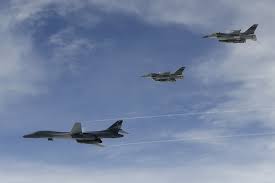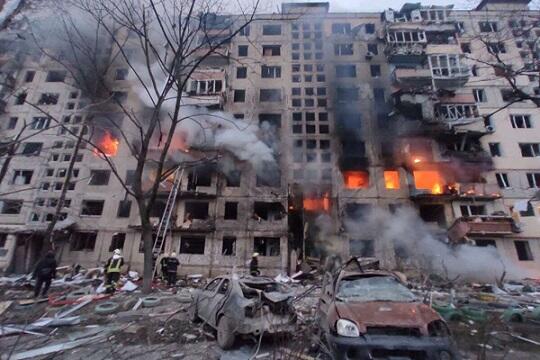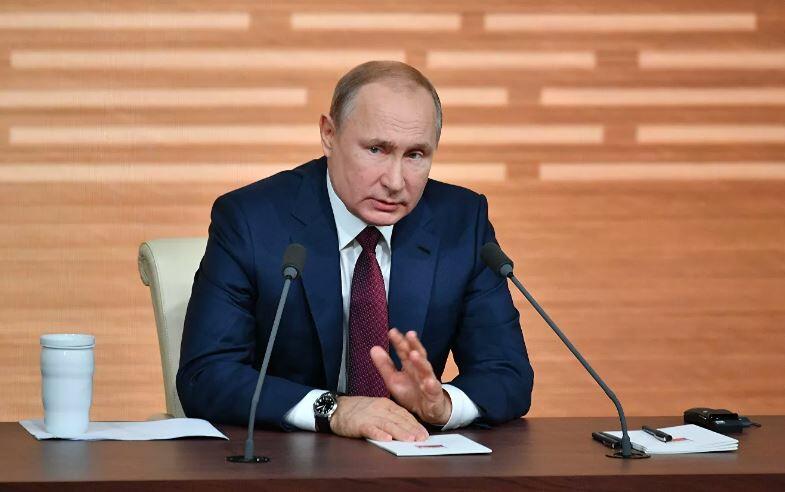The special tribunal on the crime of aggression against Ukraine is expected to be hosted in the Hague, the Netherlands.
Axar.az informs, citing Euronews, the special tribunal that Western nations intend to establish to prosecute the crime of aggression against Ukraine will not try Vladimir Putin in absentia as long as he remains president of the Russian Federation.
The same provision will apply to the Russian prime minister, Mikhail Mishustin, and the Russian foreign minister, Sergey Lavrov, according to two European officials with knowledge of the process who spoke with Euronews.
The prosecution of these high-level officials will be allowed only if the defendants are physically present in the room - unlikely given Russia does not recognise the invasion of Ukraine as criminal and is firmly opposed to cooperating with the West.
Alternatively, a trial in absentia could be conducted after Putin leaves office.
The conditions are laid out in the draft agreement that would provide the legal basis to set up the special tribunal within the framework of the Council of Europe, a human rights organisation based in Strasbourg. The organisation is not part of the European Union but the bloc is closely involved in the process.
Technical work wrapped up in late March during a meeting of the so-called "Core Group" in Strasbourg, which produced three separate draft documents: a bilateral agreement between Ukraine and the Council of Europe, the statute of the special tribunal and the agreement detailing the management of the special tribunal.
The signature is pencilled to take place in Kyiv on 9 May, coinciding with Europe Day, although the exact timeline will depend on the political endorsement.
The limitations on the trial in absentia are seen as a "compromise" between countries, an EU official indicated. Following months of deliberations, the provision is now a "done deal", with virtually no chance of being amended before the presentation.
"At the end of the day, it's about politics and bargaining," the official said.
Once Kyiv signs the agreement, the text will be put to a vote in the Parliamentary Assembly of the Council of Europe, which gathers representatives of the 46 nations that are party to the organisation. Russia was expelled shortly after it launched the war.
A two-thirds majority will be needed to ratify the deal, and is all but guaranteed thanks to the broad support for the initiative among member states.
Some countries that have espoused Russian-friendly positions, such as Hungary and Serbia, might abstain or vote against it, although no individual vetoes will apply.
Democratic nations outside the continent, like Canada, Australia, New Zealand and Japan, are expected to join the initiative, broadening its legitimacy.
The United States, which has begun a rapprochement with Russia, is unlikely to participate. Under Joe Biden's administration, the country had endorsed the search for justice in Ukraine but, after Donald Trump's inauguration, the orientation changed.
The US did not participate in the meeting of the Core Group in late March. It's unclear how Trump's push for a peace deal could affect the judicial proceedings.
"Over 38 states have expressed political support for the establishment of the tribunal, as well as the European Union," a spokesperson for the Council of Europe told Euronews.
Once the agreements are ratified, the tribunal is expected to be based in the Hague, the officials said, a city with a long tradition in international law that already hosts the International Court of Justice (ICJ) and the International Criminal Court (ICC).
The ICC has separately issued an arrest warrant against Putin and one of his deputies for the unlawful transfer of Ukrainian children to Russia.
Read the full article here.
